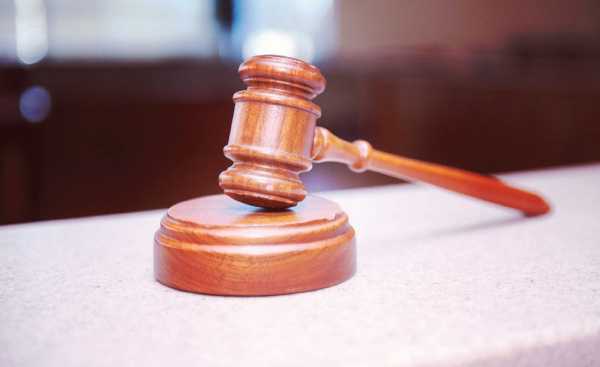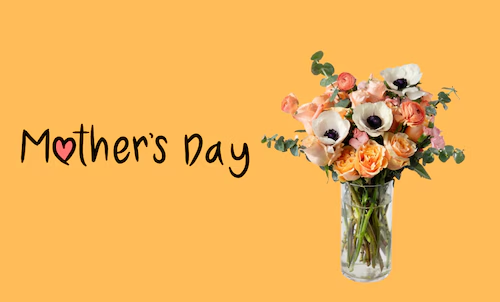DISCERNMENT… Ability to judge well

A story is told of six blind men who were asked to feel an elephant and say what it was. They had no idea what an elephant was. The first one touched the side of the elephant and said it was a wall. The second one, touching the tail, said it was a rope while the third one touched the elephant’s leg and said it was a tree. The fourth one felt the air from the elephant’s flapping ear and said it was a huge fan. The fifth one touched the trunk and said it was a boa constrictor snake. The last blind man touched the tusks and said it was a spear. Of course, all of them were off the mark.
A story is told of six blind men who were asked to feel an elephant and say what it was. They had no idea what an elephant was. The first one touched the side of the elephant and said it was a wall. The second one, touching the tail, said it was a rope while the third one touched the elephant’s leg and said it was a tree. The fourth one felt the air from the elephant’s flapping ear and said it was a huge fan. The fifth one touched the trunk and said it was a boa constrictor snake. The last blind man touched the tusks and said it was a spear. Of course, all of them were off the mark.
We are all like the blind men and are thus unable to see things clearly. We all have opinions, which cloud our ability to distinguish between right and wrong, good and evil. And while at times we are forced to make rash decisions, the concept of ‘just do it’ does not apply in all situations, as there are moments that call for contemplation and weighing of options lest we make bad, life-altering decision. It is here that the art of discernment is called for.
The most rudimentary definition of discernment would be the ability to judge well. However, it is not as simple as it is defined for discernment is a process that requires careful examination of facts so as to be able to separate truth from error, facts from fiction. Now, more than ever before, we need to internalise and practice discernment for we live in a society where people don’t mean what they say and don’t say what they mean.
We thus need discernment to identify the wolf among us. To an inexperienced eye, a diamond may look perfect or even fake at first glance. However, if we are to take it to an experienced jeweler or someone who has been trained to inspect it, they will use a magnifying glass to determine the real worth of the diamond and be able to recognise what’s right or what’s not right with it. And that is what discernment is all about: looking at things and people through the microscope for clarity’s sake.
But discernment in this case should not be confused with judgment, which comes off more as criticism than a conscious approach of viewing things or situations. Judgment is a reactive approach to issues whereas discernment does not act on impulse. It is in judging that we see other religions as inferior to ours but through discernment, we are able to appreciate that all religions’ bottom line is to make us better human beings. Judgment breeds contempt since we have to perceive ourselves as better or superior to the person or people we are judging in order to pass judgment.
Hence it is advisable that we adopt and nurture discernment so as to make decisions without having to feel we are better than someone else. Only this way can we be able to see the speck in our brother’s eye while recognising we have a plank in ours. We also need discernment so that we may be able to see through people and their deeds.




